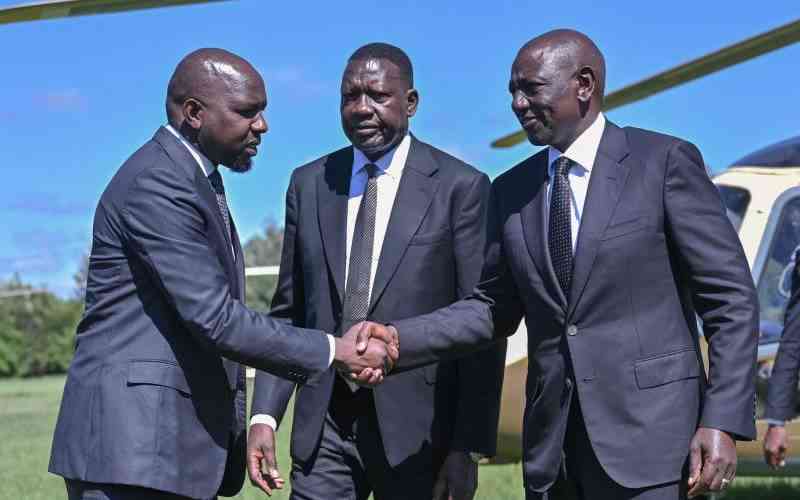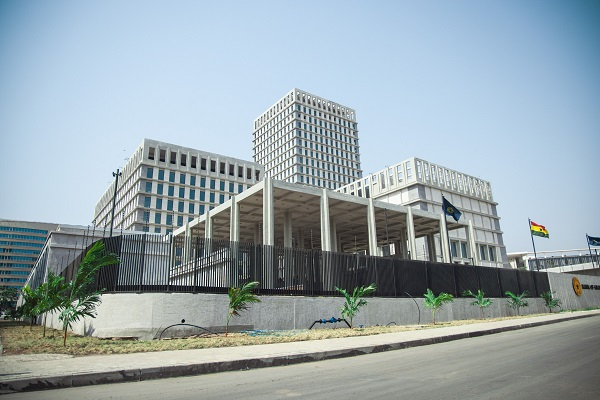Toxic Allegations
In the tangled web of Sudan’s civil war, new allegations of chemical weapons’ use have emerged, casting a long and troubling shadow over a conflict that has already claimed over 150,000 lives. As the international community watches from the side-lines, accusations and counter-accusations between the Sudanese military and the Rapid Support Forces (RSF) have made it nearly impossible to discern facts from political theatre. Yet, amid the chaos, one truth remains clear: the human cost of this war is staggering, and accountability remains elusive. The claim that Sudan’s military employed chemical weapons against its own people is both grave and consequential.
Chemical warfare is a red line in international humanitarian law, violating not only treaties but the basic tenets of human decency. The use of substances like chlorine gas, which causes excruciating injuries and often death, is emblematic of how far state and paramilitary actors may go when accountability is absent and strategic desperation sets in. However, the charge is not without controversy. The Sudanese government has dismissed the allegations as politically motivated fabrications, reminiscent of earlier claims in the country’s history that were later contested or walked back. In the absence of independently verified evidence, scepticism naturally arises ~ not necessarily out of blind allegiance to any side, but because of the geopolitical baggage such allegations carry. History has taught us that claims of chemical weapon use are as much about international positioning as they are about humanitarian concern.
Advertisement
For many Sudanese, the war has blurred the lines between fact and propaganda, survival and resistance. In cities and villages alike, truth is now mediated through fear, rumour, and fractured communication ~ making the path to justice even more elusive. The deeper issue here is not just whether chemical weapons were used, but what the world intends to do about Sudan’s entrenched conflict. Sanctions, the default diplomatic weapon of choice, have been wielded repeatedly ~ yet they have done little to alter the trajectory of the violence. Millions remain displaced. Hunger and disease are rampant. And the power struggle continues to upend lives across regions far beyond Khartoum. Moreover, the murky role of regional powers, some accused of supplying arms to the RSF, adds another dimension to Sudan’s suffering. These actors must be held to the same standard of scrutiny.
Turning a blind eye to their involvement while issuing proclamations of moral outrage undermines the credibility of global governance. At its core, the tragedy in Sudan is not just about who fired what weapon. It is about a war whose victims are increasingly invisible to the world. If these latest allegations prompt anything, it should be a genuine and renewed diplomatic effort ~ not just to condemn, but to push for a credible, inclusive peace process. Without that, the suffering will continue, chemical weapons or not.










